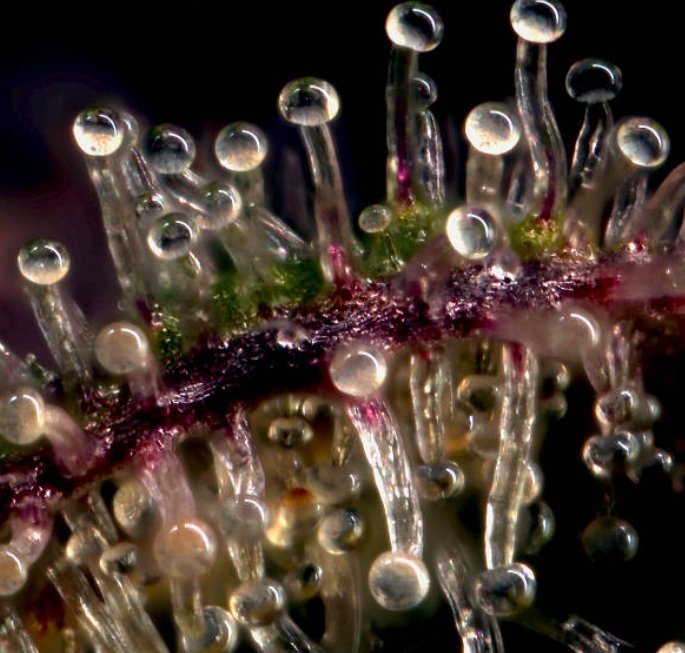Introduction
Cannabis, a plant with a rich history of medicinal and recreational use, contains various compounds, including tetrahydrocannabinol (THC). THC is the psychoactive component responsible for the “high” associated with cannabis consumption. Accurate measurement of THC content is crucial for both consumers and researchers. In this article, we explore innovative methods for measuring THC levels in cannabis.
The Quest for Precision: New Techniques in THC Measurement
1. Liquid Chromatography-Mass Spectrometry (LC-MS)
LC-MS has emerged as a powerful tool for analyzing complex mixtures. Researchers use this technique to quantify THC and other cannabinoids accurately. By separating compounds based on their mass and charge, LC-MS provides precise measurements even at low concentrations. The combination of liquid chromatography and mass spectrometry allows for robust THC quantification.

The Process
- Sample Preparation: Cannabis samples undergo extraction to isolate cannabinoids.
- Chromatographic Separation: The liquid chromatograph separates compounds based on their chemical properties.
- Mass Spectrometry: The mass spectrometer detects and quantifies THC molecules.
2. Near-Infrared Spectroscopy (NIRS)
NIRS is a non-destructive technique that measures the interaction of near-infrared light with molecules. Researchers have developed portable NIRS devices for on-site THC analysis. These devices provide rapid results without sample destruction.
Advantages of NIRS
- Speed: NIRS delivers real-time measurements.
- Non-Invasive: No need for extensive sample preparation.
- Field Applications: Ideal for law enforcement and quality control.
3. DNA-Based Methods
Recent advancements in genetics allow for THC quantification using DNA-based techniques. By targeting specific genes related to THC synthesis, scientists can estimate THC content. These methods are promising for strain identification and potency assessment.
Challenges and Future Directions
While these techniques offer exciting possibilities, challenges remain:
- Standardization: Establishing consistent measurement protocols across laboratories is essential.
- Sample Variability: Cannabis samples vary widely due to genetics, cultivation methods, and environmental factors.
- Legal Implications: Accurate THC measurement impacts regulatory decisions.
As cannabis legalization spreads globally, reliable THC measurement becomes critical. Researchers and industry professionals must collaborate to refine existing methods and develop novel approaches. By doing so, we pave the way for safer, more informed cannabis use.




